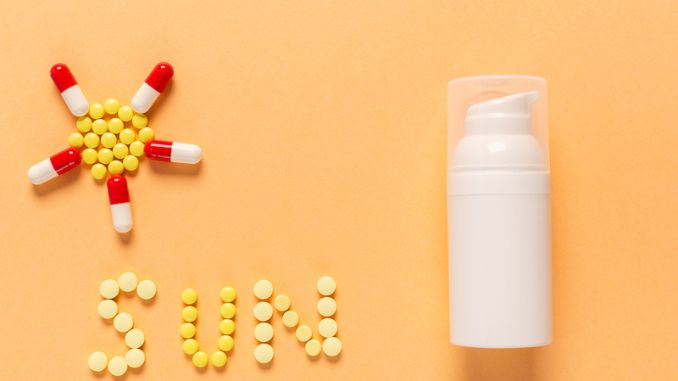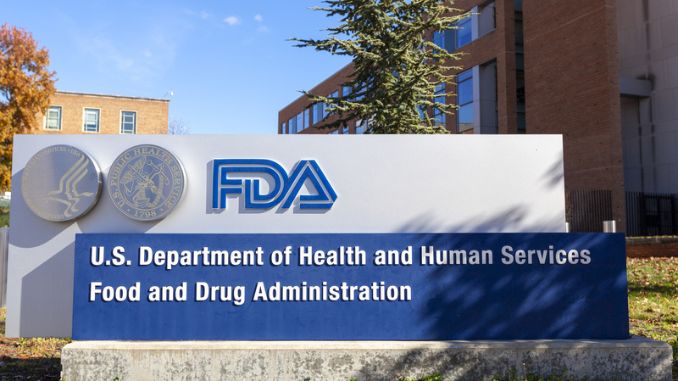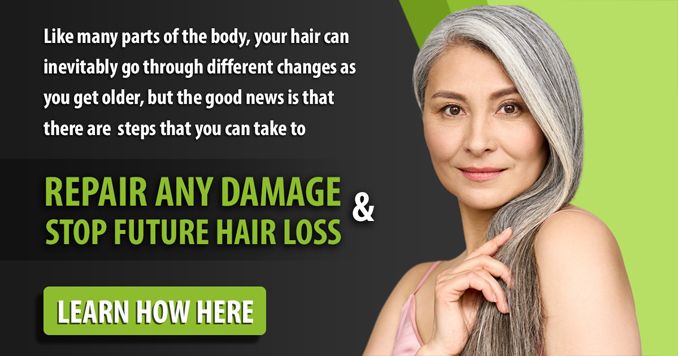The FDA warned against sunscreen pills scams, advising consumers not to fall for these shady schemes. These false products claim to offer the same benefits as traditional sunscreen but are extremely harmful. In response to the growing awareness of the negative effects of UV rays and their impact on the skin, companies are coming up with various ways to target users.
Unfortunately, many of these new products are unsafe and ineffective. If you are considering getting one of these ‘magical’ sunscreens, read this article before making any rash decisions. The dangers associated with sunscreen pills include high costs, unknown side effects, and unproven effectiveness.
FDA Warnings
In recent years, there’s been an increase in companies marketing and selling sunscreen pills as a safe and effective way to prevent UV-induced damage from the sun. That’s concerning because eating a sunscreen pill is ineffective at protecting your skin from UV rays and poses a potential health risk. The FDA warns that these pills are likely nothing more than overpriced, useless vitamins marketed as sunscreen.
The FDA has warned against all food products claiming to provide any sun protection measure, even if they have an SPF value. The effectiveness of ingesting an SPF value is unproven, with no reliable studies indicating that it provides any measurable benefit to users. That is because external applications of an SPF value are only valid when applied by FDA standards.
Read on for more information about sunscreen pills scams, their dangers, and tips on protecting yourself from harmful UV rays.
Sunscreens come in many forms, but the Food and Drug Administration recently warned consumers to steer clear of one formula: so-called sunscreen pills, as reported earlier this week by Time Health.
In their recent announcement, the FDA calls out several companies currently putting people’s health at risk by giving consumers a false sense of security. The companies claimed that their dietary “sunscreen” supplements could:
- prevent sunburn;
- reduce early skin aging caused by the sun;
- protect from the risks of skin cancer.
The Dangers of Sunscreen Pills
In addition to providing no UV protection, consumers should be aware that sunscreen pills may pose serious health risks. Because they are orally ingested, these pills will enter your bloodstream, taking the place of essential vitamins and minerals vital to your health. This can cause many harmful effects, including nausea, vomiting, diarrhea, cramps, and even seizures. It is also likely that these pills will cause harm to your liver, kidneys, and other organs.
Taking an excessive amount of certain vitamins can also lead to hypervitaminosis, a condition characterized by nausea, vomiting, diarrhea, headaches, mood swings, and blurred vision. Another danger associated with sunscreen pills is that they are unlikely to be regulated by the FDA. This means that a sunscreen applied topically must meet strict quality, safety, and effectiveness requirements. There is no comparable regulation on orally ingested pills.
That doesn’t necessarily mean that these pills are toxic, but it does mean that the FDA has not evaluated their contents. So there’s no way of knowing what they’re made of. Moreover, many companies use misleading marketing tactics by falsely claiming that their products are FDA-approved. So, while taking a daily vitamin would be helpful to your health, oral sunscreen would be extremely harmful.
FDA General Guidelines
Don’t fall for this sunscreen pills scams! No supplement can protect you from the sun. To ensure adequate protection, follow the tried and tested strategies. According to the FDA’s general guidelines for sunscreen use, you can reduce your risk of skin cancer and early skin aging by:
- Limiting your time in the sun (especially between 10 a.m. and 2 p.m.);
- Wearing clothing to cover skin exposed to the sun (long-sleeved shirts, pants, sunglasses, and broad-brim hats);
- Use broad-spectrum sunscreens with an SPF value of 15 or higher regularly and as directed.
Sunscreens with proven effectiveness are available in the form of lotions, creams, sticks, gels, oils, butter, pastes, and sprays. Regardless of the form, use broad-spectrum sunscreen with an SPF of 15 or higher.
As reminded by the FDA guidelines, no sunscreen blocks 100% of UV radiation. So other protective measures are needed in any case. Wearing protective clothing and sunglasses and staying in the shade as much as possible. Remember that up to 80% of the UV rays can get through the clouds. So grayish weather is by no means a reason not to wear your sunscreen.
Melanoma skin cancer cases continue to rise globally. And the vast majority of melanomas (up to 86%!) can be attributed to exposure to UV radiation. At all times, exercise caution when exposed to the sun.
That’s right: ultraviolet radiation is a proven human carcinogen. So stay safe — and share this information with others!

Rick Kaselj MS, is a leading kinesiologist and injury specialist as well as co-creator of the best-selling Unlock Your Hip Flexors program. Rick creates exercise programs that help people heal injuries and eliminate pain, so they can go back to living a full, active, healthy life.






